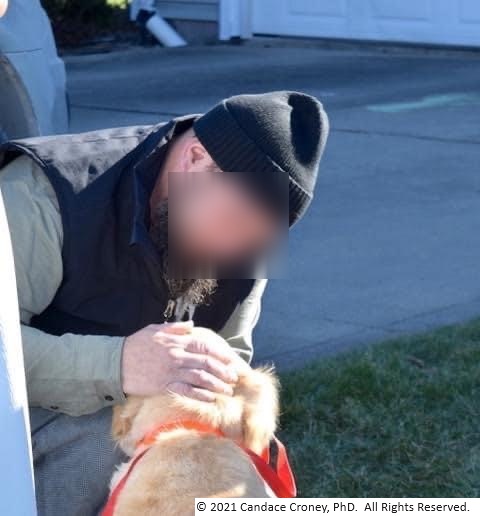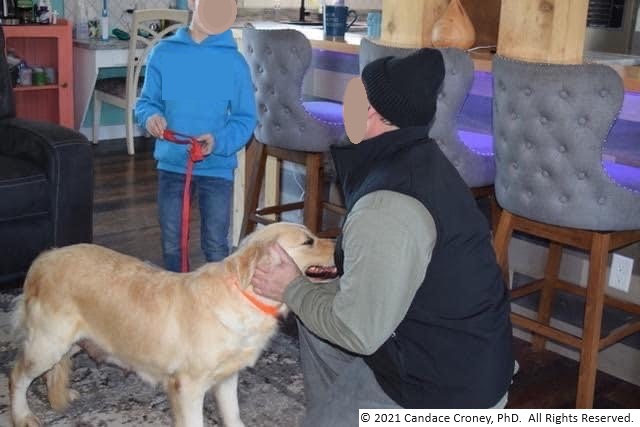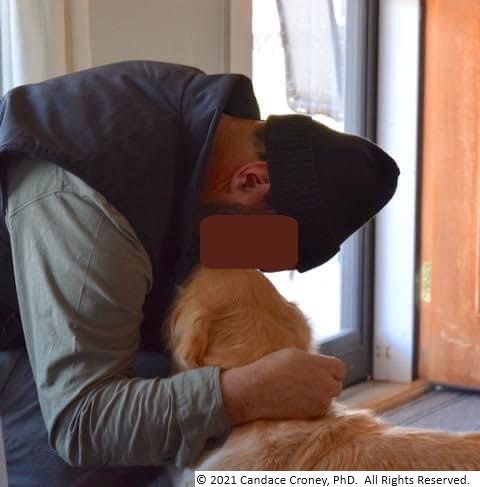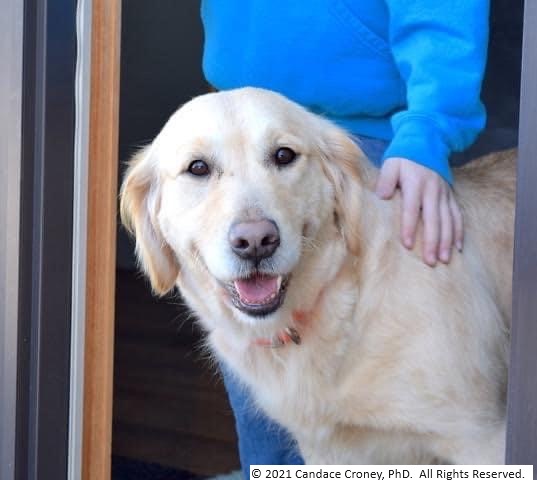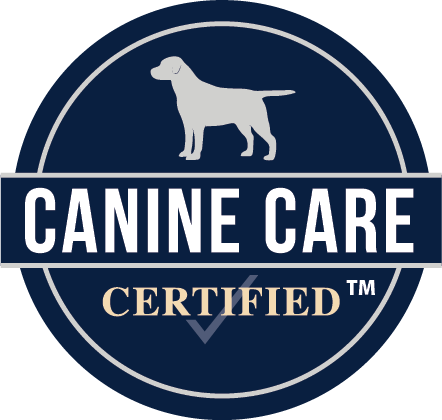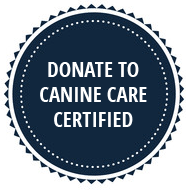Information for Consumers
Ensuring that specific health and welfare standards have been met.
Want to do your part to ensure the welfare of dogs and puppies? Ask any breeder or seller you are working with whether they participate in the Canine Care Certified™ program. Asking them encourages them to become certified and encourages certified breeders to continue. You have the power to create a circle of protection for dogs. Asking about Canine Care Certified™ sends a message to the marketplace.
Be an Informed Consumer
Adding a furry member to the family is a big decision that impacts not only your life, but the life of the dog. It’s important to educate yourself about the type of dog you want before you bring it home. This means researching what the dog needs for a healthy, happy life and determining if you’re able to meet those needs. To learn more about choosing a dog for your family, visit our Canine Welfare Science website.
What to Ask the Breeder
If you want to purchase a puppy or dog that has been raised to the rigorous standards of the Canine Care Certified™ program, be sure to ask the breeder for proof of current certification.
Not sure if a breeder is Canine Care Certified™?
- Contact us to verify the breeder’s status.
- View a list of participating breeders from our auditing partner, Validus.
- If you have the breeder certification number, click here to verify the breeder's status.
Canine Care Certified™ certifies dog breeders and their kennels; the program does not certify distributors, transporters, pet stores, or online platforms that sell puppies.
Choosing Love, Choosing Care
Choosing a puppy from a Canine Care Certified™ breeder is a commitment to support a community dedicated to the highest standards of care. Canine Care Certified empowers you to make an informed decision by identifying breeders who meet rigorous, science-based welfare standards.
A Foundation Built on Science and Compassion
Animal scientists and veterinarians know that physical health is only one measure of the welfare of a dog or puppy. When choosing a dog or puppy raised by a breeder, you have a right to expect that the dog’s physical, social and behavioral needs were all prioritized. The Canine Care Certified™ program goes beyond minimum legal requirements to ensure dogs receive the highest level of care, ethics, and well-being.
Choosing a Canine Care Certified™ breeder means choosing a partner who sees beyond the kennel. Our breeders understand the importance of socialization, positive social interactions, and opportunities for puppies and their parents to experience happiness. You can also trust that certified breeders are required to have ongoing education in all of these areas as well as the role of genetics on the health and welfare of dogs.
How Canine Care Certified™ Addresses Puppy Mills
While there is no consensus on the definition of a “puppy mill”, we define puppy mills as a dog breeding facility that:
- Clearly prioritizes profit over the well-being of the dogs
- Demonstrates no interest or effort toward prioritizing animal welfare
Ensuring that puppy mills cannot thrive requires approaching the problem from multiple angles:
- Equipping people with tools to recognize and avoid puppy mills and to identify welfare-oriented breeders.
- Providing assurance that breeders are consistently meeting the welfare needs of dogs in their care.
- Connecting responsible breeders to high quality, evidence-based resources to help meet public demands for a sustainable supply of healthy, ethically raised dogs and puppies.
Canine Care Certified™ addresses all of these areas by giving you a way to identify dogs raised under stringent welfare standards.
Higher Standards, Better Care
Because Canine Care Certified™ is a voluntary program, we can require standards that align with the belief and expectation that dogs deserve far more than minimum care and welfare. Even better, it helps breeders demonstrate ethics-in-action by choosing to go above and beyond what the law requires in caring for their dogs and puppies.
Licensed commercial breeders must, at minimum, be inspected by the USDA and comply with state and federal requirements for dog care and well-being. To learn more about the welfare of dogs kept at commercial breeding kennels, check out the studies conducted by the Croney Research Group.
Choosing a Canine Care Certified™ breeder
When you choose a Canine Care Certified™ breeder, you can be assured they raise their puppies and dogs under an independently audited program that ensures that specific health and welfare standards have been met. Breeders must complete certification annually to maintain their status in the program. Dogs from certified breeders may be sold privately or commercially.
This designation provides an added measure of assurance that certified breeders are attending to their dogs’ physical, genetic, and behavioral health. It also demonstrates their commitment to continuously raising the bar on the standard of care and attention they offer to their dogs.
Photos From Canine Care Certified™
Kennel Design
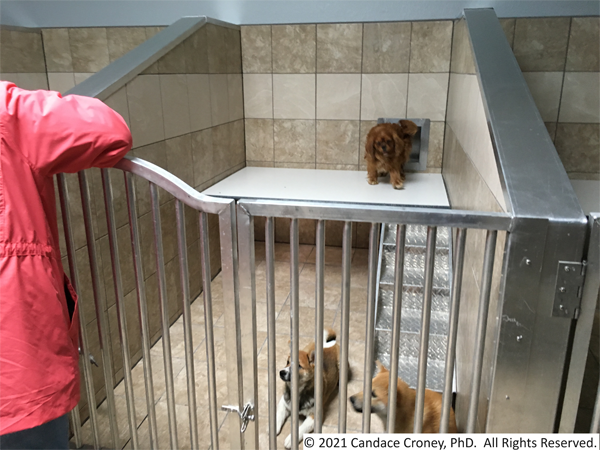
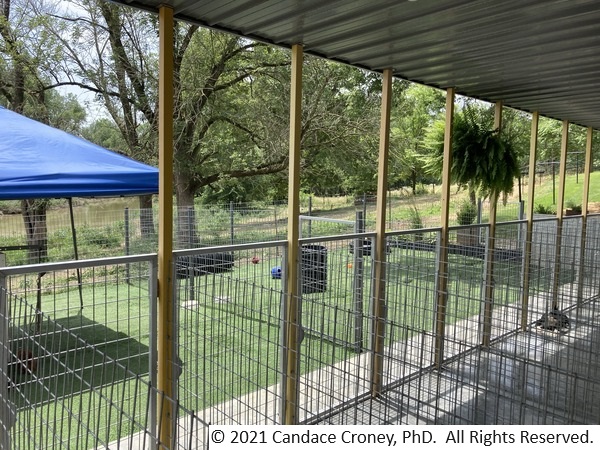

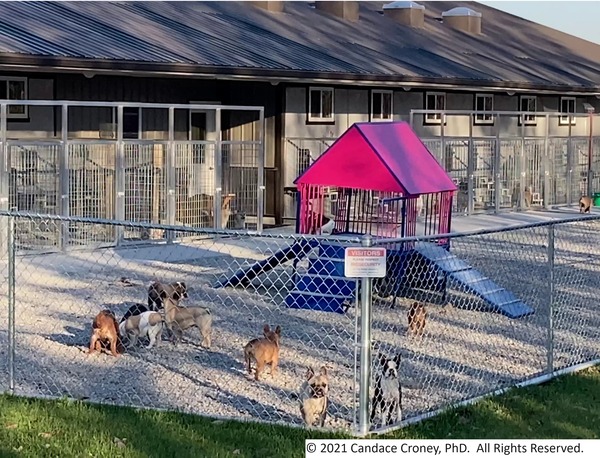
Enrichment
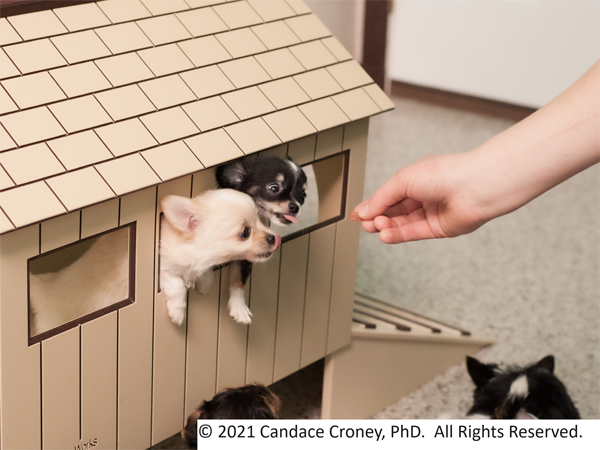


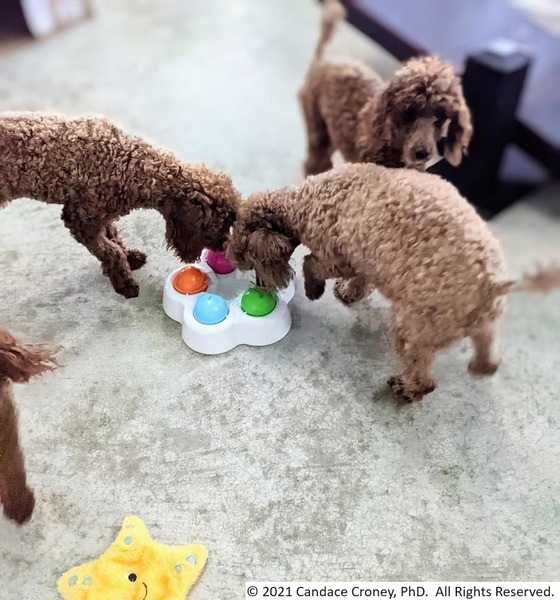
Exercise and Play
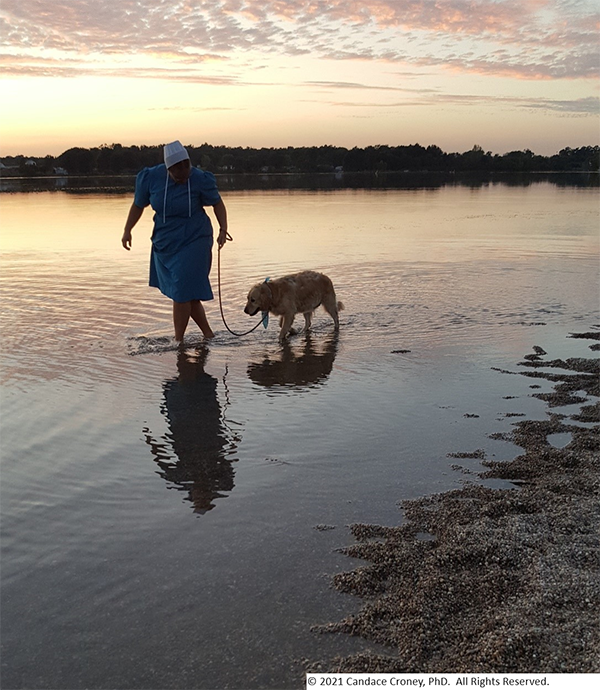
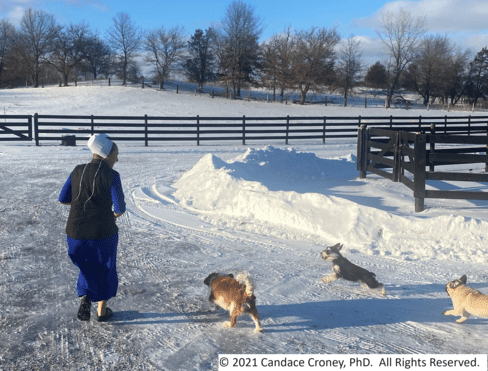
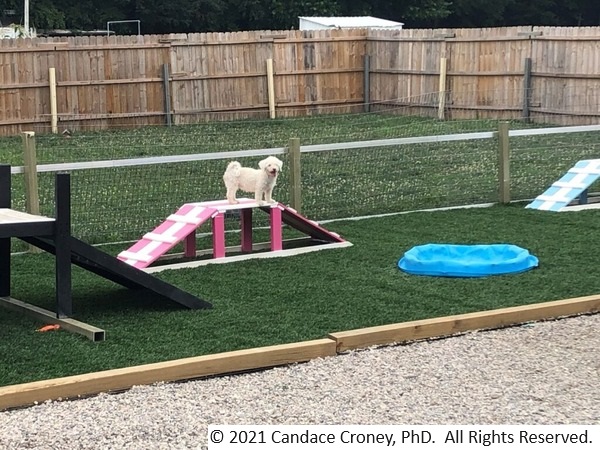
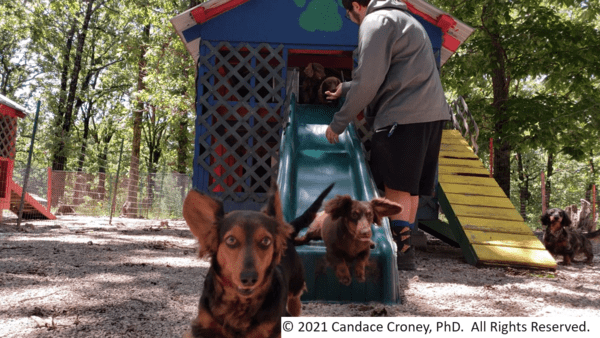
Socialization
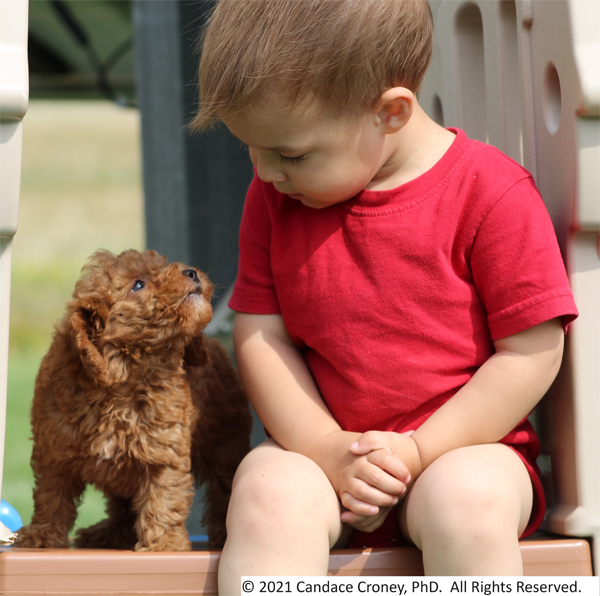
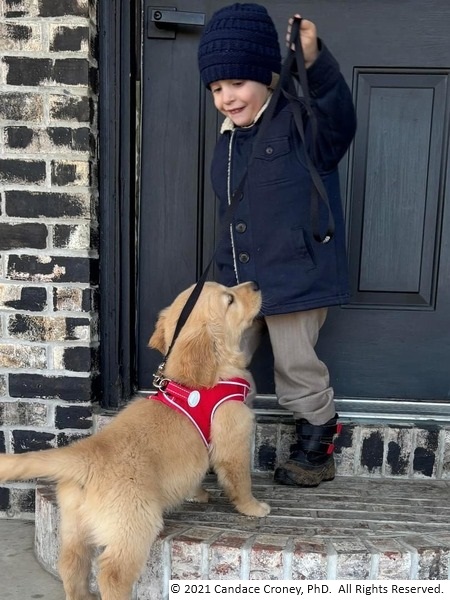

Positive Caretaker Interactions
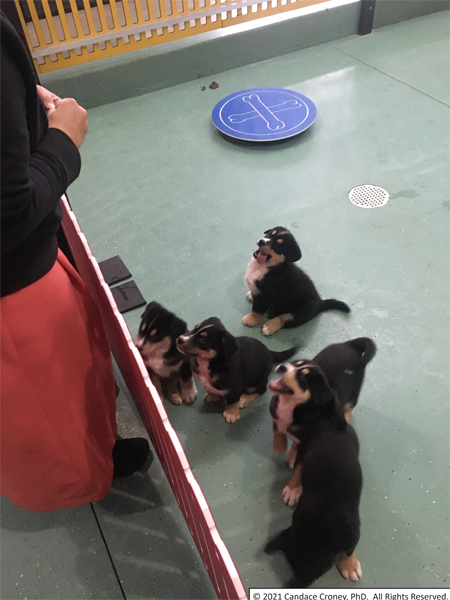
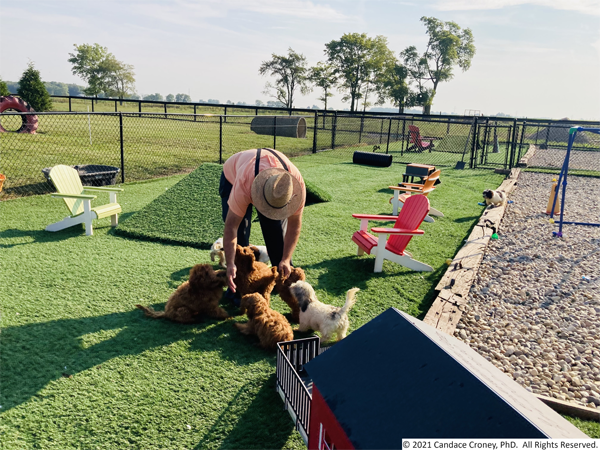
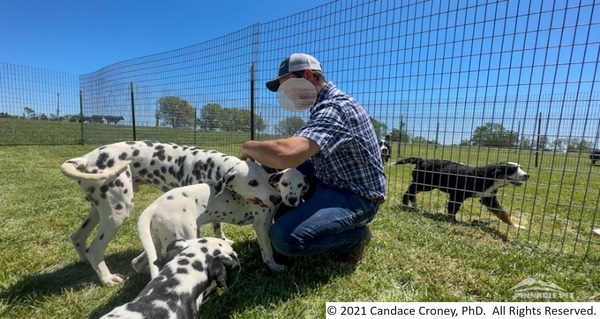
Retirement and Rehoming
